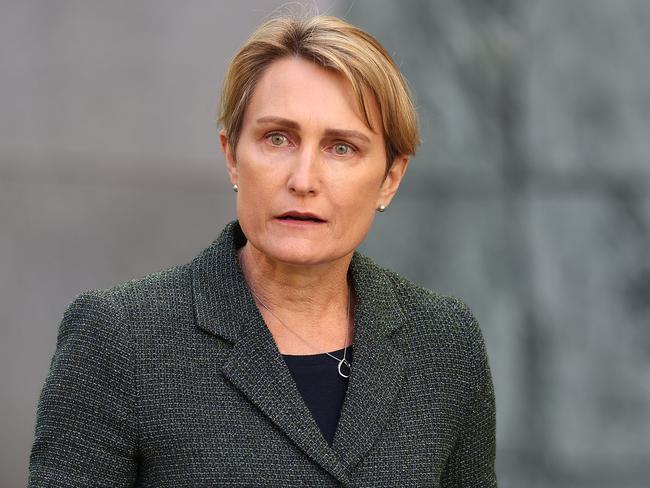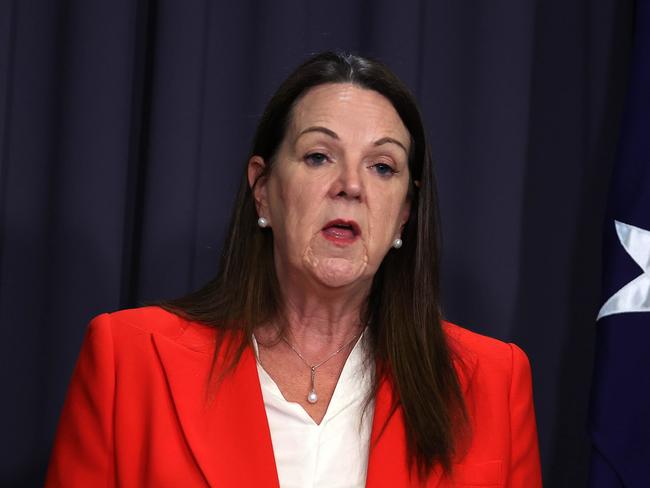Superflu: Which Aussies are most at risk and how to avoid it
After a two-year absence, flu season is back with a vengeance and the age groups hardest hit are not what you might expect.
National
Don't miss out on the headlines from National. Followed categories will be added to My News.
After a two-year absence, flu season is back with a vengeance and those being hardest hit are young Australians, from birth up to age 19.
Latest data from the Australian Influenza Surveillance Report shows that so far this year there have been 87,989 notifications reported to the National Notifiable Diseases Surveillance System (NNDSS).
More than half of these (47,860) were diagnosed in the fortnight to June 5, according to the report.
“From mid-April 2022, the weekly number of notifications of laboratory-confirmed influenza reported in Australia has exceeded the five-year average,” the report states.
“In 2022 to date, people aged 5–19 years and children aged younger than 5 years have the highest notification rates.”
Since commencement of seasonal surveillance in April 2022, there have been 733 hospital admissions due to influenza, of which 6.1% were admitted directly to an intensive care unit (ICU).
Vaccination is the strongest protection against serious flu illness, says Australia’s acting chief medical officer Dr Sonya Bennett.

“Over the past two years influenza cases were very low in Australia because of limitations on international travel and a range of other measures such as social distancing and mask wearing, but with restrictions now eased, influenza cases are rising,” she said.
“Whilst this rapid rise in case appears to be occurring earlier than an average influenza season, the timing of the peak and size of the influenza season is difficult to predict.
“Annual vaccination is the most important measure to prevent influenza and its complications. It is recommended for all people aged 6 months and over (unless contraindicated). While younger, otherwise healthy people will usually, but not always, have a milder illness and recover within a week, vaccination can protect against infection or against developing more severe disease if infected.”
Vaccination is particularly helpful for pregnant women as it offers protection for mum and baby.

Professor Alison McMillan, Australia’s chief nursing and midwifery officer, said it was safe for women to receive a flu vaccination at any stage of their pregnancy.
“Whether you’re preparing to be pregnant, working towards getting pregnant or breastfeeding, it’s definitely safe to have a flu vaccination,” she said.
“There’s lots of evidence to suggest that the vaccine can protect you, you and your baby, and no evidence to suggest that there’s any adverse effects associated with the flu vaccination during pregnancy.”
Meanwhile, Dr Bennett said it was also helpful to incorporate those personal measures undertaken to prevent Covid infection.
“I encourage everyone to continue to practice all the prevention measures we have become used to, including covering coughs and sneezes, regular hand washing, wearing a face mask when physical distancing is not possible, and staying home when unwell,” she said.




